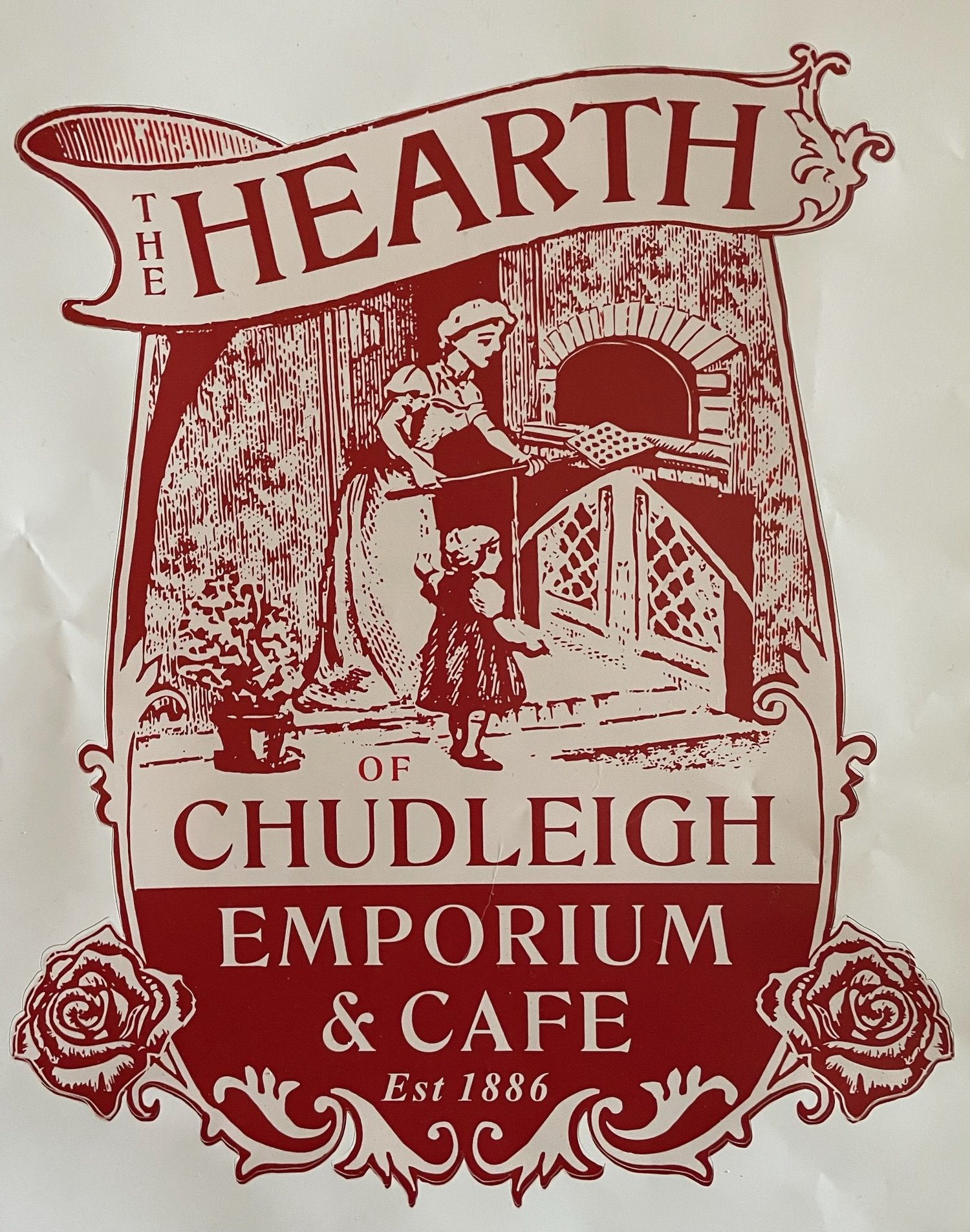A cyclist from Cwmdu seeks shelter.
A young Wales cyclist recently came into the shop seeking shelter. He said he was attracted to the village of Chudleigh as it reminded him of his hometown in Wales, Cwmdu, pronounced Congdi, which means Black Valley.
Jon James spoke of how his town almost died when the heritage listed 200-year-old pub and post office went out of business. He said the Chudleigh General Store had the same feel as those buildings. He said the town rallied around to prevent disaster and his Dad had volunteered to run the pub with a bunch of volunteers, just to keep its doors open and to prevent it from becoming derelict. He said people soon realised how essential the two buildings were to the heart of the community. Without such a hub, towns lost their soul and soon disintegrated, just as had happened previously to other small towns in Tasmania that he had cycled through.
Jon James outside our store.
He said the town experienced a kind of rebirthing once everyone got behind the project to save the key establishments. He laughingly explained how a group of Japanese tourists, who had an interest in plates from small villages throughout the world, had travelled all the way to the little village of Cwmdu, to buy one each to add to their collections.
He said there was now communities of villages that were getting together to help each other survive modern challenges and he invited me to get in touch with his father to become part of the movement. We spoke about the impact of the Covid-19 pandemic and all the major standstill moments such as war and pandemics when humanity had the opportunity to take collective stock of itself, just as seemed to be happening now.
We then discussed how interesting it was to think of all the stories that were never written down in all sorts of times and in all sorts of places and how things might, potentially, have been different if the cards had fallen differently in the past. On this same vein, we spoke about the push back of marginalised people to the disempowerment of governments and society. Also, how well countries, run by women, such as Germany, Taiwan and
New Zealand had fared through the pandemic and that maybe this was largely because of the collaborative approach to problem sharing rather than the testosterone-fuelled approached to trade tensions and control.
He recommended the book The Womanly Face of War being a good take on those who had experienced war’s everlasting imprint on the lives of survivors. He said though their experiences had been in another time, the raw emotion was as if the conflict had been yesterday.
He sat in the shop for hours doing voluntary work for the Jung Society – a group of philosophers in Melbourne, who were having trouble getting with the technological times. He said he was gaining knowledge, from the group, about how they built meaningful connections and was hoping to garner help to fuel the ability of the young to better connect with each other with or without technology.
Jon came to Australia in January last year when the bushfires were raging throughout the nation. He came to learn “rope access training” to provide him with the skills work as a painter on buildings using scaffolding. He had become stuck in Australia as part of the pandemic and was now taking a break from life in Melbourne, holidaying in Tasmania. He was due to head back to Melbourne the following day.

